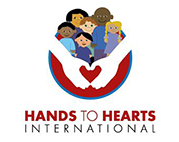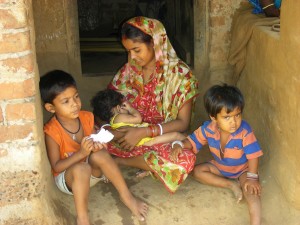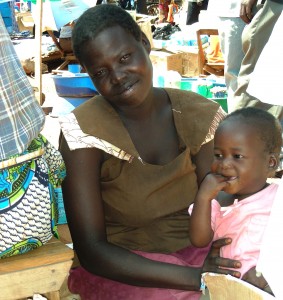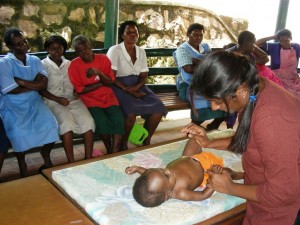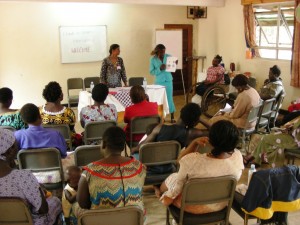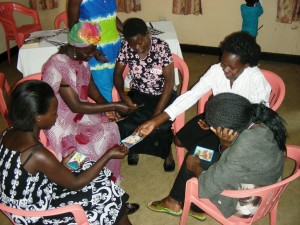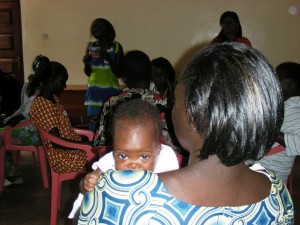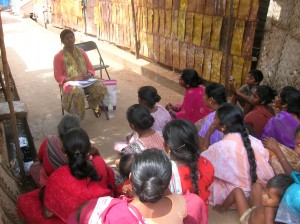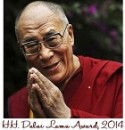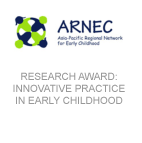A growing trend in international development is to invest in women and girls. This is a smart strategy and reaps impressive rewards for women, families and entire communities as those women invest in those they care for. More and more girls and women are being supported in receiving education, micro-finance, family planning and other services. All of these are great, we are in full support! The international development field uses measures like delayed marriage and birth and fewer children and these are powerful indicators for the success this woman will have – again we are in full support. However, how about empowering women in one of their most important roles in their lives, that of being mothers?
Being a mother is an almost certain role a woman will have and being a mother in most societies earns a woman a new level of respect, praise and status, it is a role most communities celebrate. So, it can be limited when a woman in a remote village in Bangladesh is celebrated by her community for becoming a mother, while the international development community groans a collective sigh of defeat. Isn’t it possible to empower women in their role as mothers?
Hands to Hearts embraces a full circle of women’s empowerment. Education, marriage, childbirth, and parenthood mark a natural course of life. HHI believes motherhood can and should be celebrated. We recognize and are now working to fill the gap in women’s empowerment, and the gap that goes with this in the healthy development of children. HHI provides mothers with practical and applicable education about early childhood development (ECD) and we let women know their own power in creating their child’s lifetime foundation for health, learning and societal participation. According to a 2006 UNFPA study, one-quarter to one-half of the world’s girls will become mothers before reaching the age of 18 – who supports them as they cross the threshold of motherhood? New, holistic approaches of addressing motherhood are needed.
If parenting workshops were a standardized within development agendas, women’s empowerment would progress in full circle by targeting women at every stage of life. The role and responsibility of motherhood should not be disregarded in the exploration of female entrepreneurship, innovation, and empowerment. In fact, commemoration of this powerful capacity of motherhood could further magnify the acknowledgement of women’s potential in the economic, social, and domestic sphere.
Former UN Secretary General Kofi Annan most aptly stated, “There is no tool for development more effective than the empowerment of women. No other policy is as likely to raise economic productivity, lower infant and maternal mortality, or improve nutrition and promote health, including the prevention of HIV/AIDS. When women are fully involved, the benefits can be seen immediately: families are healthier; they are better fed; their income, savings and reinvestment go up. And what is true of families is true of communities and eventually, whole countries.”
To embrace an encompassing empowerment model, Hands to Hearts International is striving to supplement international projects surrounding health, education and micro-finance programs with early childhood development workshops for the communities of caregivers and mothers. The mothers and the babies are eager and enthusiastic recipients of HHI’s education. The outcomes are empowered mothers, who are then able to better their children’s health, development and relationships for a lifetime. HHI believes these benefits ripple to us all.
